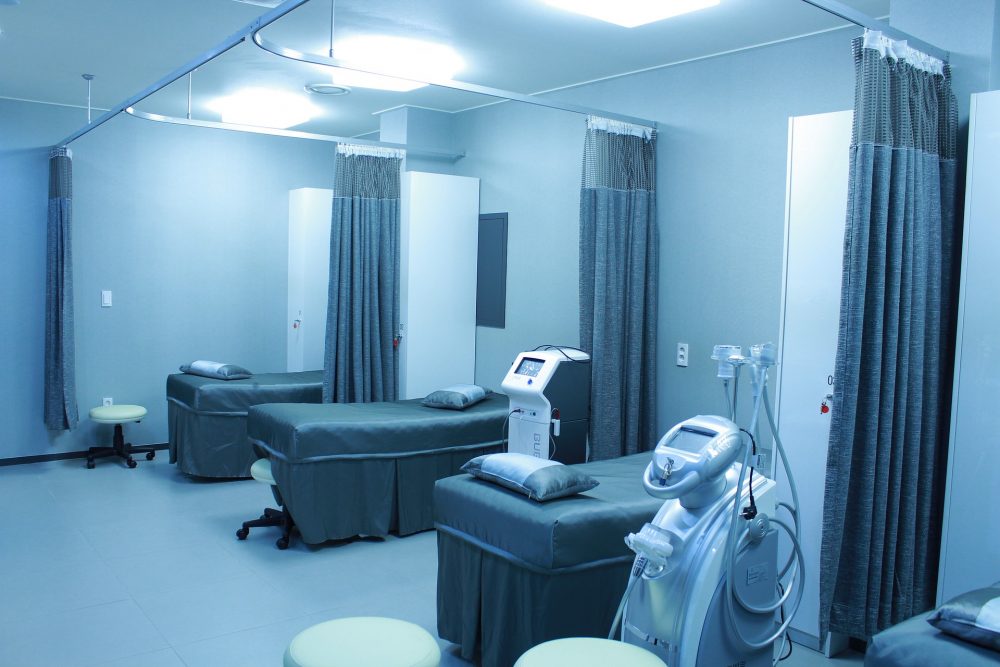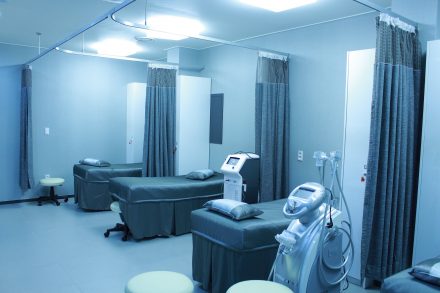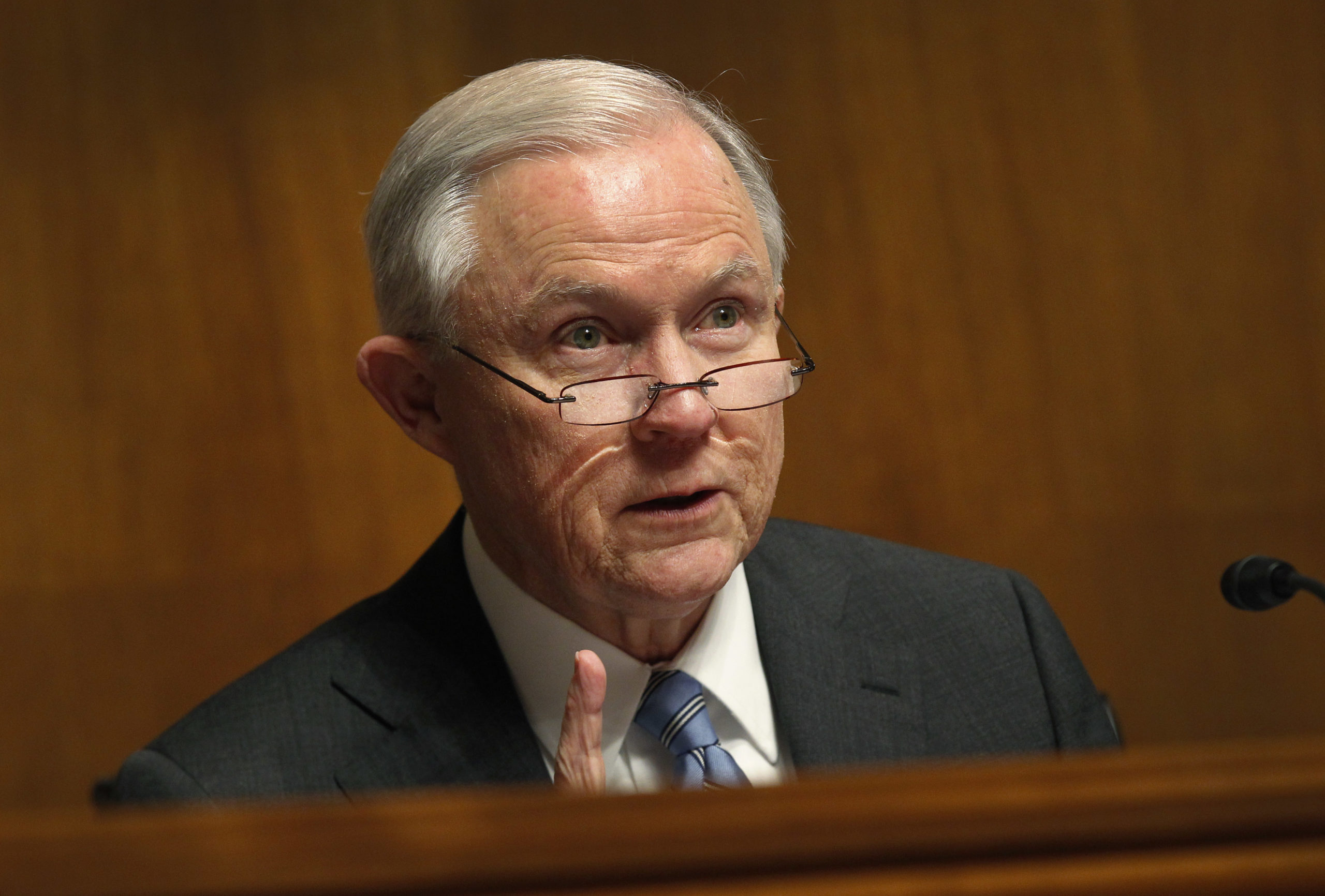Abortion rights, women of color, and LGBTQI+ people are under attack. Pledge to join us in fighting for gender justice.
Calling the Trump Budget’s Cuts to Medicaid “Cruel” Barely Begins to Describe It

 The Trump Budget’s cuts to Medicaid would be devastating for the health and economic security of low-income women and their families. Should this Budget be realized, its results would send shockwaves across the country: less health care coverage for women; less access to family planning; and drastic changes to Planned Parenthood. And, it continues a harmful provision that withholds abortion coverage from women qualified for Medicaid.
The Trump Budget’s cuts to Medicaid would be devastating for the health and economic security of low-income women and their families. Should this Budget be realized, its results would send shockwaves across the country: less health care coverage for women; less access to family planning; and drastic changes to Planned Parenthood. And, it continues a harmful provision that withholds abortion coverage from women qualified for Medicaid.
The Budget fundamentally changes how Medicaid is financed and will inevitably cause individuals to lose coverage of some services or lose coverage entirely.
The Budget would impose $610 billion in cuts on Medicaid, and end the Medicaid program as we know it. Beginning in 2020, Medicaid funding would be capped, through harmful per capita caps or a block grant structure—either of which would result in individuals losing benefits and/or coverage.
The Trump Budget’s cuts to Medicaid would disproportionately harm women who comprise two-thirds of adult Medicaid enrollees. Medicaid provides health care coverage to about one in six women aged 18 to 64, and, among all sources of coverage, disproportionately covers the poorest and sickest women. Uninsured low-income women are more likely to go without care because of cost, are less likely to have a regular source of care, and utilize preventive services at lower rates than low-income women with health insurance. A growing body of research has demonstrated how important Medicaid coverage is to enrollees’ access to care, overall health and mortality rates.
These cuts to Medicaid would also have devastating effects on access to family planning services for low-income women. Medicaid funds nearly half of all birth in the U.S. and accounts for 75 percent of all publicly-funded family planning services. Medicaid’s coverage of birth control allows women to determine whether and when to start a family, expanding their educational and career opportunities.
Medicaid plays a critically important role in advancing women’s economic security. It keeps women and their families from medical debt and bankruptcy. By providing health coverage to women and their families that is not tied to employment, Medicaid allows women to seek positions that may offer higher wages or better opportunities, and it also has improved the economic security of future generations. Medicaid also has repercussions for job creation—Medicaid payments to health care providers directly support women’s jobs and jobs for individuals with disabilities.
The Budget specifically targets Planned Parenthood’s participation in Medicaid and other programs.
The Trump Budget targets trusted family planning provider Planned Parenthood, by calling for the unprecedented exclusion of the organization from any program that receives federal funds through the Labor-Health and Human Services funding bill. This dangerous move plays politics with women’s health.
For many women, Planned Parenthood is their primary source of care. And there is no replacement. Recent research shows that Federally Qualified Health Centers (FQHCs) are no replacement for trusted Planned Parenthood providers and will leave many women without the reproductive and preventive health care that they need. This means that low-income women could be forced to go without the family planning and preventive that care they need, including access to birth control.
The Budget Restricts Medicaid Coverage of Abortion.
At the same time women on Medicaid would lose access to birth control, Trump’s budget also targets low-income women’s access to abortion. Specifically, the president’s budget would continue a harmful policy – known as the Hyde Amendment – that denies health coverage of abortion to individuals enrolled in Medicaid with only very narrow exceptions for rape or incest or if the woman’s life is in danger. In other words, those individuals lucky enough to keep Medicaid coverage despite the Trump Budget’s devastating cuts will not have coverage that meets their needs.
All of these terrible changes to Medicaid make clear the president thinks low-income women should – and will – have different health care options than the rest of the country.





